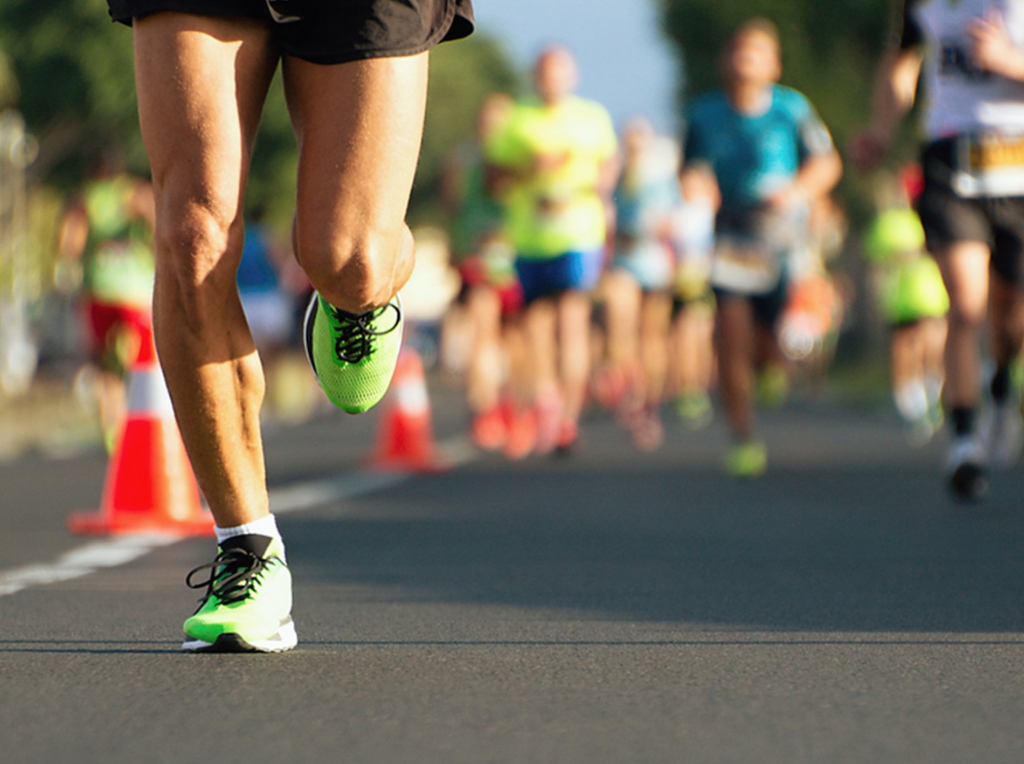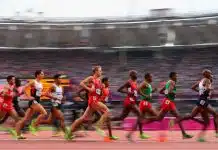When it comes to wellness, recovery often takes a backseat to the pursuit of peak performance. We push our bodies to their limits, chasing personal bests and striving for optimal fitness. But what if true empowerment lies not just in pushing harder, but in understanding and nurturing our body’s innate ability to heal and rejuvenate?
Recovery isn’t simply about resting after a strenuous workout or recovering from an injury. Proper recovery is a holistic process that encompasses physical, mental, and emotional well-being. With proper recovery, you create an environment where your body can thrive, so it can repair, rebuild, and emerge stronger than before.
The Science of Self-Healing: Understanding Your Body’s Wisdom
Your body is a symphony of interconnected systems, each playing a vital role in maintaining balance and harmony. When you push yourself physically, whether through exercise, work, or daily stressors, you disrupt this equilibrium. Your muscles become fatigued, your nervous system gets overstimulated, and your energy levels deplete.
Recovery is the process of restoring this balance. Proper recovery gives your body the time and resources it needs to repair damaged tissues, replenish energy stores, and recalibrate your physiological systems. Most importantly, know that the process is not passive—it’s an active collaboration between your conscious choices and your body’s innate wisdom. The key pillars of recovery are:
1.Physical Recovery: This involves giving your body the rest it needs to repair and rebuild. It also includes nourishing your body with wholesome foods, staying hydrated, and engaging in activities that promote circulation and lymphatic drainage.
2.Mental Recovery: Just as your muscles need rest, so does your mind. Stress, anxiety, and overthinking can hinder your body’s ability to heal. Incorporating mindfulness practices like meditation, deep breathing, and spending time in nature can help calm your nervous system, reduce stress hormones, and create a more conducive environment for recovery. you can improve brain health with supplements like Cogniultra or Alpha Brain.
3. Emotional Recovery: Our emotions play a powerful role in our overall well-being. Suppressed emotions or unresolved traumas can manifest as physical tension and pain, impeding the healing process. Letting yourself to feel and process your emotions, whether through journaling, therapy, or creative expression, can be an essential part of recovery.
The Empowerment of Choice: Taking Charge of Your Well-Being
Recovery is not a one-size-fits-all proposition. It’s a personal journey that requires you to tune in to your body’s unique needs and preferences. By making conscious choices about how you nourish your body, manage stress, and prioritize self-care, you can create a recovery plan that empowers you to heal and thrive.
Recovery is not a one-size-fits-all proposition. It’s a personal journey that requires you to tune in to your body’s unique needs and preferences. By making conscious choices about how you nourish your body, manage stress, and prioritize self-care, you can create a recovery plan that empowers you to heal and thrive.
Here are some actionable tips for creating a recovery routine that elevates your health and well-being:
- Prioritize Sleep. Sleep is your body’s prime time for repair and rejuvenation. Aim for 7-9 hours of quality sleep each night. Create a relaxing bedtime routine, dim the lights, and disconnect from electronics before bed.
- Nourish Your Body. Fuel your recovery with nutrient-dense foods. Focus on whole, unprocessed foods like fruits, vegetables, whole grains, lean protein, and healthy fats. Stay hydrated by drinking plenty of water throughout the day.
- Move Mindfully. While rest is crucial, gentle movement can also aid in recovery. Try incorporating activities like yoga, tai chi, or walking into your routine. These practices can improve circulation, reduce muscle tension, and promote relaxation.
- Support Circulation with Compression. Wearing quality compression socks—especially compression socks with a sole—after physical exertion can aid in recovery by improving circulation, reducing inflammation, and preventing swelling. This simple act of self-care can go a long way in promoting your body’s natural healing abilities.
- Harness the Power of Touch. Massage therapy can work wonders for releasing muscle tension, improving circulation, and reducing stress. If you can’t see a professional, try self-massage techniques or use a foam roller.
- Breathe Deeply. Deep breathing exercises activate the parasympathetic nervous system, which promotes relaxation and reduces stress. Take a few minutes each day to practice deep breathing techniques like diaphragmatic breathing or alternate nostril breathing.
- Connect with Nature. Spending time in nature has been shown to reduce stress, improve mood, and boost creativity. Go for a walk in the park, hike in the woods, or simply sit by a tree and soak in the sights and sounds of nature.
- Embrace Relaxation Techniques. Find activities that help you unwind and de-stress. Decompress by reading, listening to music, taking a warm bath, or spending time with loved ones.
- Cultivate Gratitude. Focusing on the positive aspects of your life can help shift your mindset and promote feelings of well-being. Take a few minutes each day to reflect on the things you’re grateful for.
- Seek Support. Don’t be afraid to ask for help when you need it. Talk to a trusted friend, family member, therapist, or coach if you’re struggling with stress, anxiety, or other emotional challenges.
The Ripple Effect of Recovery: Prioritize Your Well-Being
When you prioritize recovery, you’re investing in your overall well-being. A well-rested, nourished, and emotionally balanced body is more resilient to stress, illness, and injury. It’s also more capable of experiencing joy, creativity, and connection.
Recovery is not a luxury—it’s a necessity. It’s the foundation upon which you can build a life of vitality, purpose, and fulfillment. So, the next time you push your body to its limits, remember that recovery is not an afterthought. It’s an integral part of the journey, a time to honor your body’s wisdom and nurture its innate ability to heal. Embrace the power of choice, make conscious decisions that support your well-being, and watch as your body responds with renewed energy, vitality, and resilience.
















